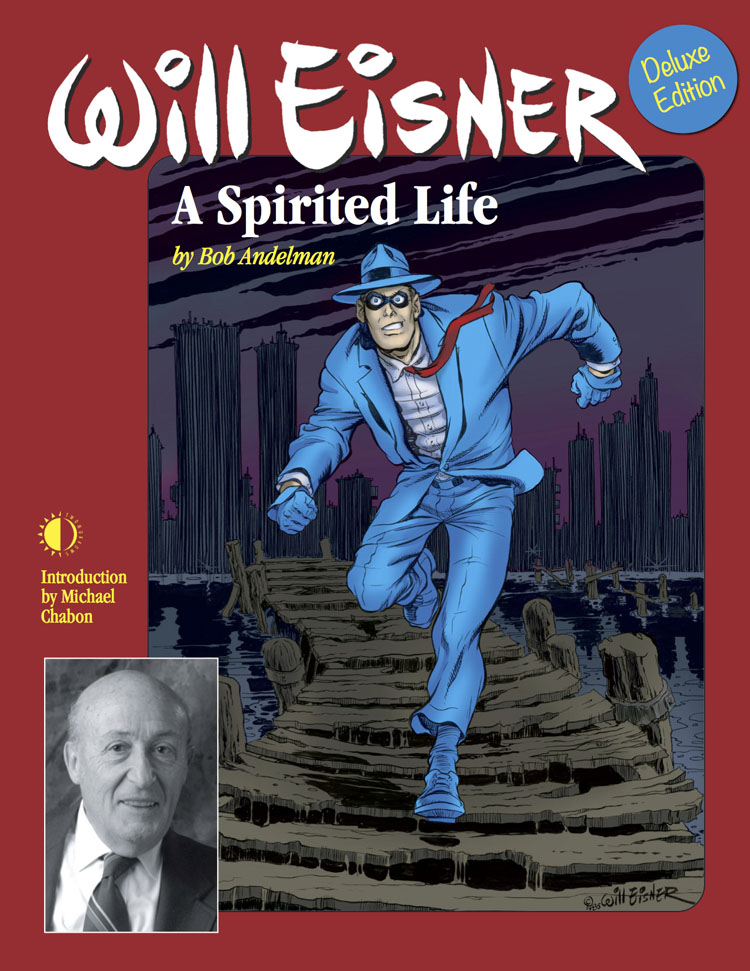
This post was found on the Forbidden Planet International Blog Log!
From Our Continental Correspondent
March 19th, 2008
Wim @ 11:10 am
Dutch literary publisher Podium is planning to launch a new literary magazine which will be completely devoted to the graphic novel and the better comic, book blog De Papier Man announces. This new periodical comes at a time when the traditional literary magazine seems to be in a less than healthy position, while the field of cartooning and the graphic novel is booming with creativity.
The magazine will be called Eisner, after Will Eisner (1917-2005) who is generally regarded as the founding father of the genre that is now commonly known as the graphic novel. Eisner will be published four times a year, as a paperback with an average of 72 pages of content. Editor in chief will be Ward Wijndelts, comics reviewer for the Dutch newspaper NRC Handelsblad.
Eisner will be in Dutch, and will contain both literary comics and articles and essays on literary comics and comics aimed at an adult audience, more particularly autobiographical comics, fiction, non-fiction and horror. The cartooned content will consist of exclusively commissioned work and pre-publications of original and translated literary comics from Dutch publishers and recurring. The magazine’s goal is creating better contacts between artists and writers, and offering the literary comic in the Dutch language a consistent and valuable podium. Young as well as established artists and writers from the Netherlands, Flanders and the rest of the world will be given an opportunity to present themselves to a Dutch audience. Additionally, the magazine will present itself as a medium for discussing form, content and genre issues related to the graphic novel.
At the moment, it’s still quite unclear how Eisner plans to live up to these lofty goals. Similar initiatives abroad, such as Fantagraphics’ Mome and L’Association’s Lapin, have proven that magazines like these do have a certain potential. However, considering the marginal role that magazines play in the current Dutch literary world, it is also very likely that Eisner, in its aim to embrace both audiences interested in literature and comics, may fail to reach any of them. But we wish it all the best.
